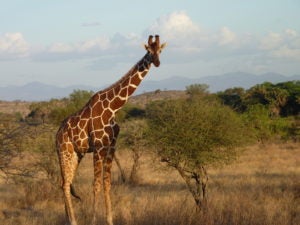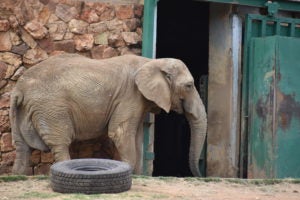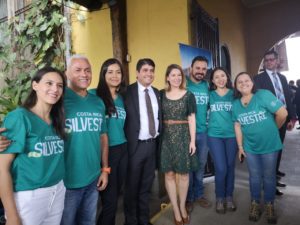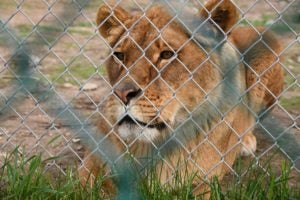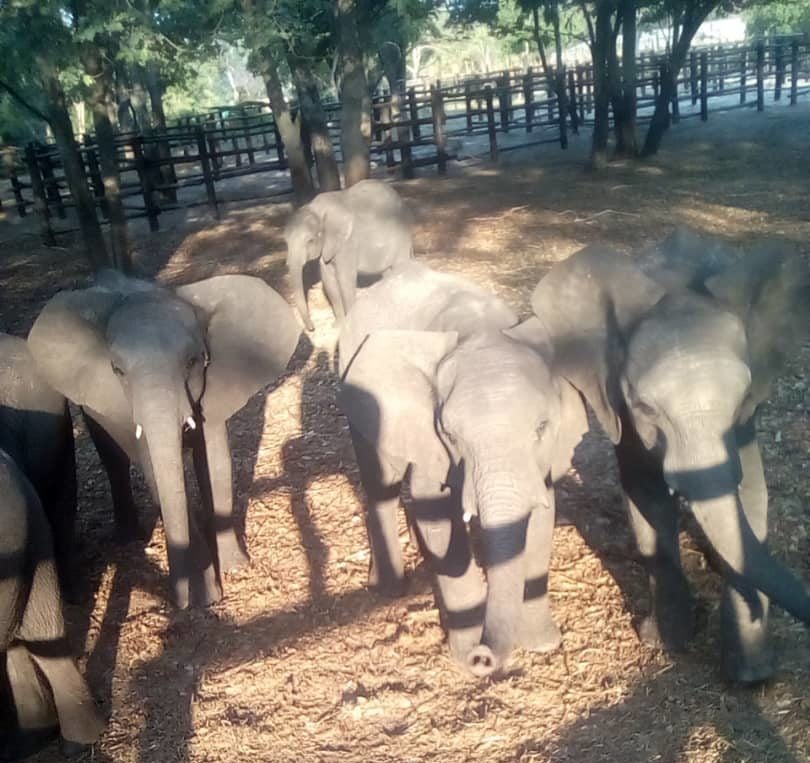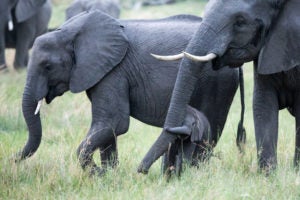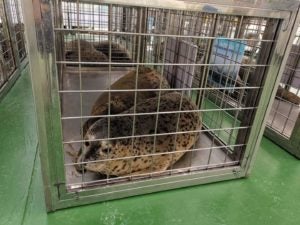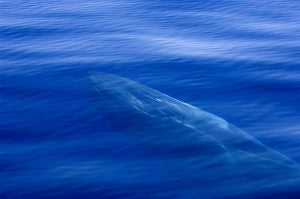
LONDON — Celebrities and animal conservation and welfare NGOs from across the globe are calling for an ‘international whaling intervention’ to be staged at the G20 summit in Osaka as summit hosts Japan prepare to launch a renewed commercial whaling programme.[1] The programme will see Japan openly killing sei, Bryde’s and minke whales for consumption with no pretence of science. [2]
Letters have been sent to all G20 leaders calling on them to publicly object at the summit to Japan’s commercial whaling intentions, and to deliver a joint declaration calling for the end to all commercial whaling globally. See the full letter here.
Celebrities Stephen Fry, Ricky Gervais, Dr Jane Goodall, Liz Bonnin, Steve Backshall, Virginia McKenna and Nicky Campbell, alongside more than 100 conservation charities and champions[3] within almost all the countries in the G20,[4] are backing pleas for international anti-whaling pressure to be placed on Japan.
BAFTA-winning English naturalist, writer and TV presenter, Steve Backshall, said: ‘It has taken the combined efforts of every nation on earth to bring whale conservation to the fore. At the G20 summit, our leaders need to talk to our friends in Japan, and let them know that – on this issue – they are deeply at odds with the rest of the world.’
Kitty Block, president of Humane Society International, said: ‘This week while one part of the Japanese government is proudly facilitating international cooperation by hosting the G20 meeting, another is quietly extricating itself from the obligation for global collaboration on the protection and management of the world’s whales.
‘Japan leaving the IWC and defying international law to pursue its commercial whaling ambitions is renegade, retrograde and myopic, it is undermining its international reputation for an industry whose days are so clearly numbered, to produce a product for which demand has plummeted. The IWC is maintaining its ban on commercial whaling for very good reasons and world leaders meeting in Japan this week should not turn a blind eye to the cruel assault planned on whales of the North Pacific.’
Dominic Dyer of Born Free Foundation, said: ‘The fight to protect whales gave birth to the modern environment movement 50 years ago. Yet during a year where Extinction Rebellion, Greta Thurnberg and school children worldwide are challenging our leaders to tackle environmental decline, Japan is sending its whaling ships back to sea, within days of the hosting the G20 Summit.
‘There is no justification for whaling on scientific or economic grounds. World leaders should call on Japan to halt its commercial whaling plans and return to supporting global efforts to protect whales and their ocean habitats. If we fail to protect whales, the future for mankind and our planet will be very bleak indeed.’
There is no commercial or other pressing need for Japan to relaunch its whaling activity, with whale meat consumption in Japan down almost 99% from 1962 to 2017, when less than 4,000 tonnes were eaten.[5] But there is a huge need to prevent a further decline in whale numbers. The IWC international ban on commercial whaling, agreed in 1982, has helped great whale populations increase, saving several from extinction. Yet many whale populations remain low or endangered – and all whales face the huge threats of fishing-related deaths, ship collisions, climate change, and chemical, litter and noise pollution.[6]
With whales playing a key role in our marine ecosystems (including locking up carbon and providing nourishment for phytoplankton essential to ocean food chains) it is vital that Governments around the world help to protect them to keep our seas healthy.[7] G20 leaders have the ideal opportunity at the Osaka summit to echo public opinion on the need for Japan to end this cruel and unnecessary practice. Peaceful anti-whaling protest events will also be taking place in London, Edinburgh and other cities around the world on Saturday to draw attention to this issue.
Media contact:
Wendy Higgins, Humane Society International, Tel +44 (0)7989 972 423 whiggins@hsi.org
Emma Adler, Wildlife and Countryside Link, Tel + 44 (0) 20 7820 8600
Notes to editors:
- Japan is leaving the International Whaling Commission (IWC), effective 30th June 2019, and will be conducting commercial whaling in its own waters. It will take three species in its new hunts – sei, Bryde’s and minke whales.
- Japan claims that its previous whaling programmes were scientific research and allowed under the convention that established the IWC, the International Convention for the Regulation of Whaling. In a landmark case at the International Court of Justice in 2014, Japan’s scientific whaling was put on trial and the court found that it was not in conformity with the convention. Therefore, Japan’s new whaling programme in the North Pacific can be seen as a continuation of its previous activities and not the start of new commercial hunts.
- Organisations supporting these calls in the UK include: Animal Defenders, Born Free Foundation, Campaign Whale, Environmental Investigation Agency (EIA), Humane Society International, IFAW, Marine Conservation Society, MARINELife, ORCA, RSPCA, Whale and Dolphin Conservation
- For a full list of the more than 100 organisations supporting the letter to G20 leaders, see the letter here
- The members of the G20 are: Argentina, Australia, Brazil, Canada, China, the EU, France, Germany, India, Indonesia, Italy, Japan, Mexico, Russia, Saudi Arabia, South Africa, South Korea, Turkey, UK, and USA.
- See p7-9 of IFAW’s 2017 Economics of Japanese Whaling Report
- Whale populations which have shown good signs of recovery since the moratorium has been in place include some of those of the humpback whale and the Southern Right whale. Whale species which have populations still severely at risk include the North Atlantic Right Whale and the North Pacific Right Whale. See the IWC Intersessional report 2016-2018 for more.
- More information about the positive and important roles that whales play in marine ecosystems can be found here.

